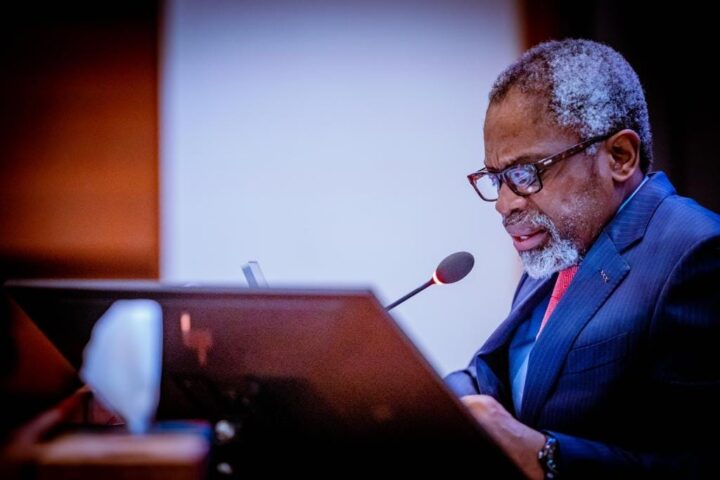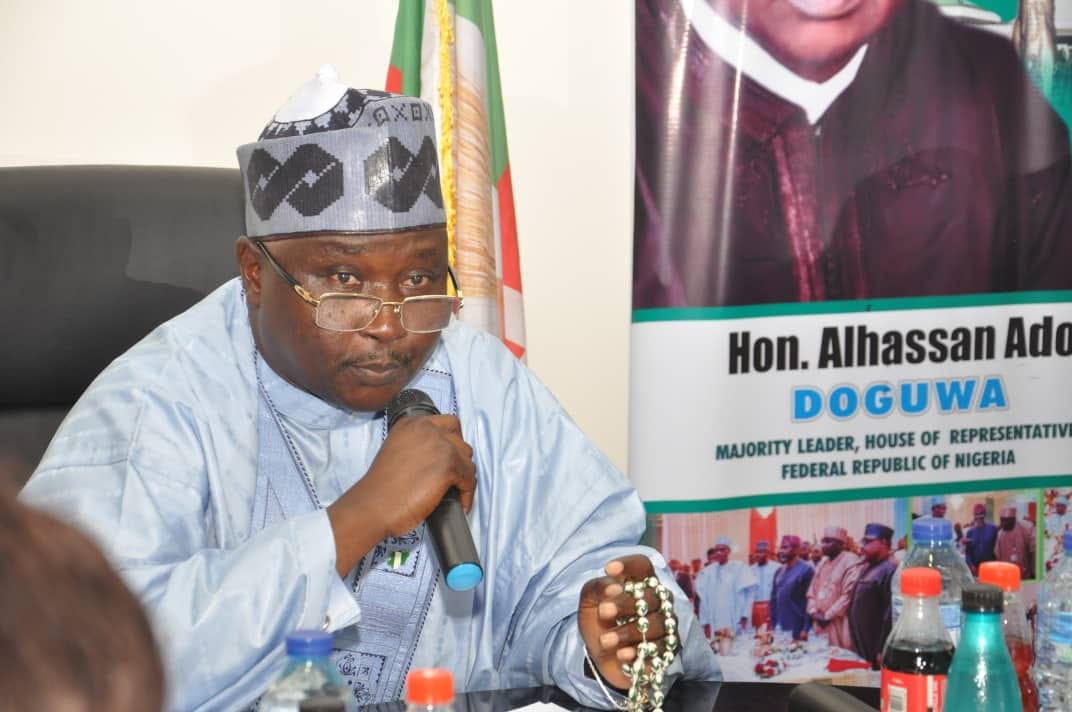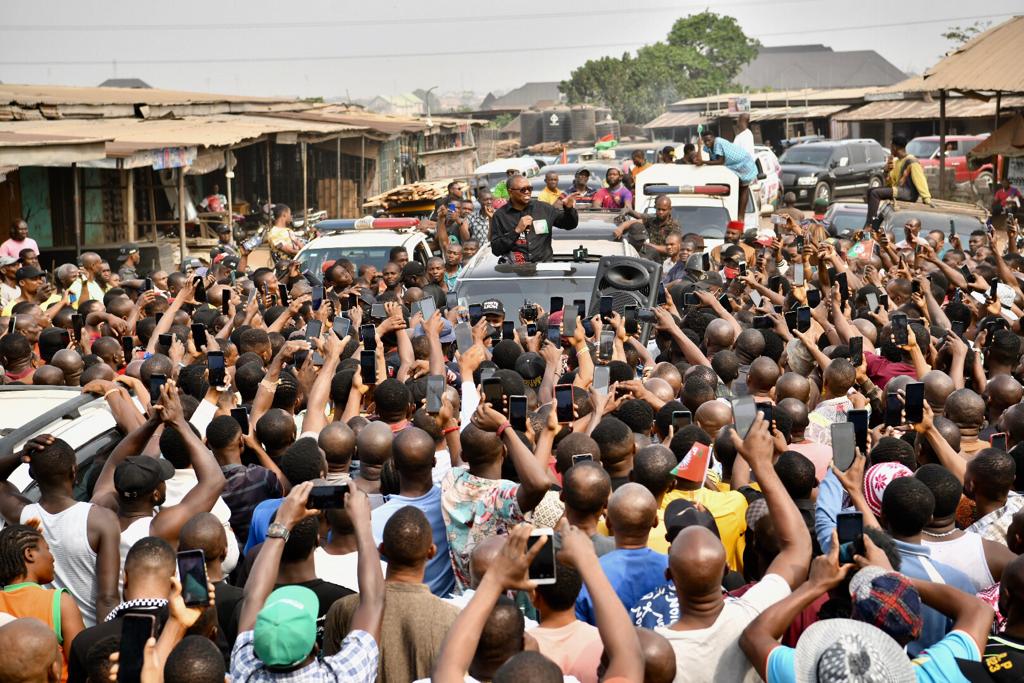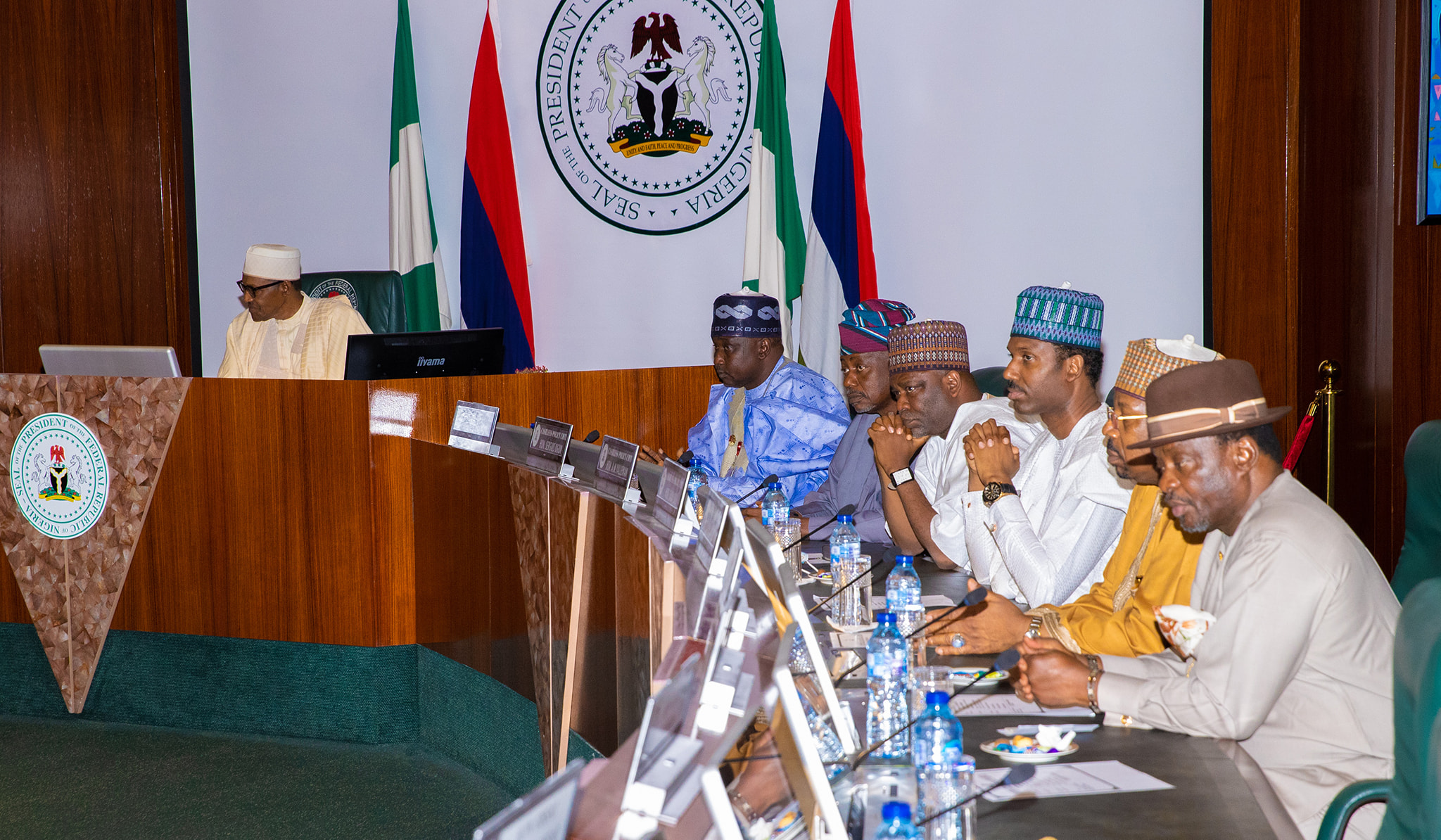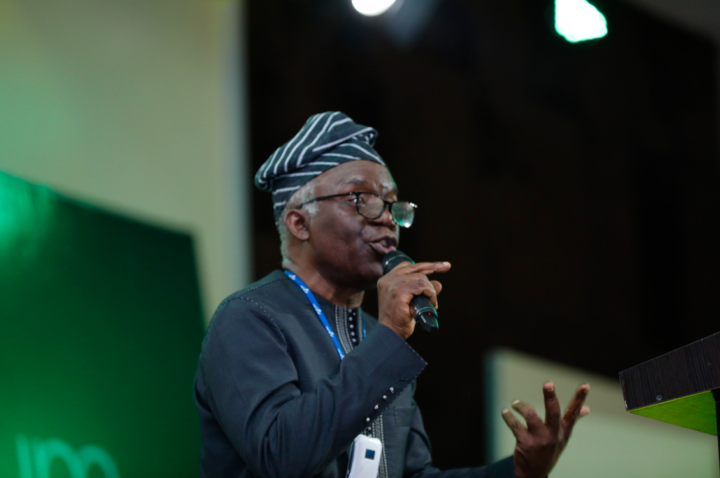Femi Gbajabiamila, speaker of the house of representatives, has faulted President Muhammadu Buhari’s directive on the old naira notes.
In a televised address on Thursday morning, Buhari said he has directed the Central Bank of Nigeria (CBN) to extend the validity of old N200 notes till April 10.
The president also said all existing old N1,000 and N500 notes will remain redeemable at the Central Bank of Nigeria (CBN) and designated points for 60 days.
But in a statement issued on Thursday, Gbajabiamila said Buhari’s directive conflicts with the supreme court ruling.
Advertisement
The supreme court, on February 8, ruled that the old notes remain legal tender pending the determination of a case filed by some state governors.
On Wednesday, the apex court said its order on the old notes stands and the ruling on the matter was adjourned till February 22.
Gbajabiamila said the federal government’s directive on the old notes despite the supreme court ruling “suggests a wanton disregard for the rule of law”.
Advertisement
“This morning, President Muhammadu Buhari, GCFR, announced that he has authorised the Central Bank of Nigeria (CBN) to reintroduce the old N200 notes into circulation, pending when the Bank can make sufficient amounts of the new currency available. This is a step in the right direction, and I hope it helps curb Nigerians’ suffering,” Gbajabiamila said.
“However, the decision still falls short of the order of the Supreme Court that the old currencies remain legal tender pending the adjudication of a pending suit brought by state governments on the legality of the policy and its implementation.
“It is not to the benefit of our country for the Federal Government to act in ways that suggest a wanton disregard for the rule of law. It will be better for us to strictly adhere to the court’s order in this matter pending the adjudication of the substantive suit.
“For the sake of our country, we must work together to resist actions that escalate tensions and endanger our democracy at this crucial moment of national awakening and rebirth.
Advertisement
“In all things, let the well-being of our fellow citizens and the survival of our nation be foremost in our hearts and guide all the decisions we make in this historic moment.
“Citizens and visitors are experiencing grave and unnecessary hardship across our country. They spend hours and days queuing at banks and teller machines to receive stipends of their own money to afford life’s necessities.
“This situation is a consequence of the flawed implementation of the naira redesign policy by the Central Bank of Nigeria (CBN). It is also the result of decisions made by the Central Bank’s Governor, Mr Godwin Emefiele, to refuse counsel, be guided by precedent, or abide by the decisions of superior courts.”
Gbajabiamila said section 20(3) of the CBN Act, 2007 stipulates the statutory authority for the apex bank to implement policies for the recall of the Nigerian currency.
Advertisement
Gbajamiala said the law provides three conditions for which old notes can be recalled.
“The first is that the permission of the President must be obtained, and the second is that reasonable notice shall be given. The third is that the Central Bank of Nigeria shall pay the face value of the recalled currency upon receipt,” he said.
Advertisement
“Whereas reasonable people may disagree as to whether sufficient notice was given for the implementation of this policy, it is evident that the Central Bank of Nigeria (CBN) has failed woefully in its statutory obligation to pay the face value of the recalled currency in the form that is useful to the citizens whose current suffering could have been avoided.
“The current scarcity of cash is happening because the Central Bank of Nigeria (CBN) did not sufficiently replace the old currency it pulled out of circulation across the country. This created an artificial scarcity that put significant additional pressure on the already epileptic electronic banking channels, resulting in a near-complete collapse of trade in the country.
Advertisement
“Businesses cannot operate because neither they nor their customers have access to cash, and electronic banking platforms appear to have uniformly collapsed. It is unclear what interest is served by persisting in this erroneous course towards an unfolding economic disaster that the country cannot afford. The ongoing devastation of livelihoods is bound to have consequences long after this moment has passed.
“It is disheartening that the Central Bank of Nigeria (CBN) has resolutely refused to admit error and change course in the face of mounting evidence that the implementation of this policy has been a devastating failure.”
Advertisement
Gbajabiamila added that neither the intervention of the national council of state nor the supreme court could make the CBN governor review the decisions that “have brought us to this entirely avoidable moment”.
Add a comment
